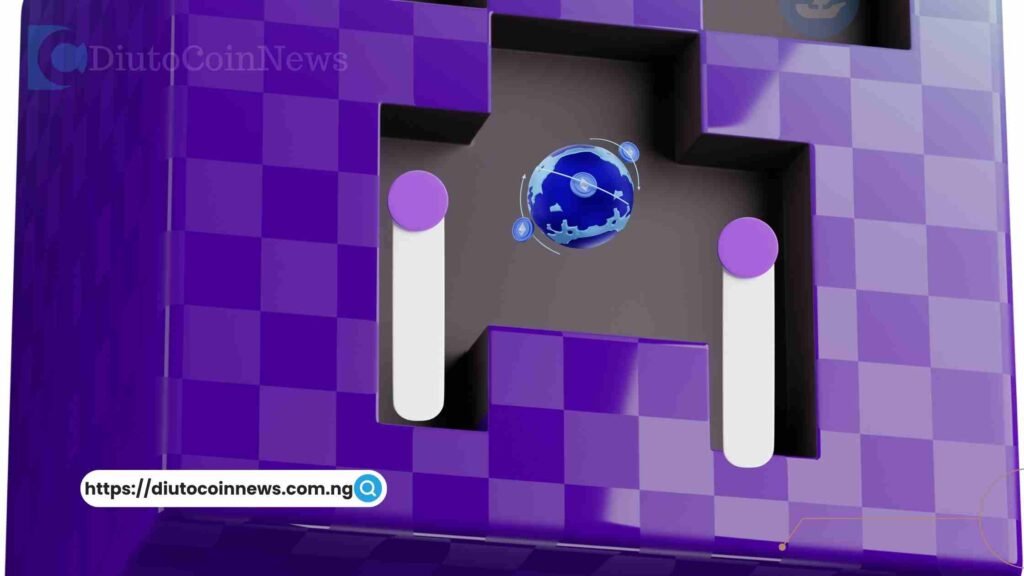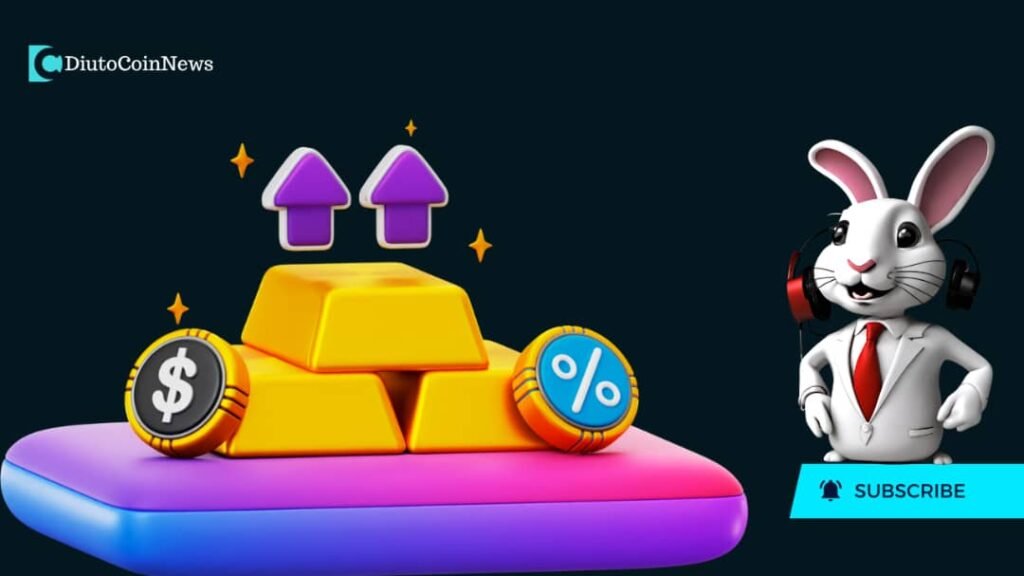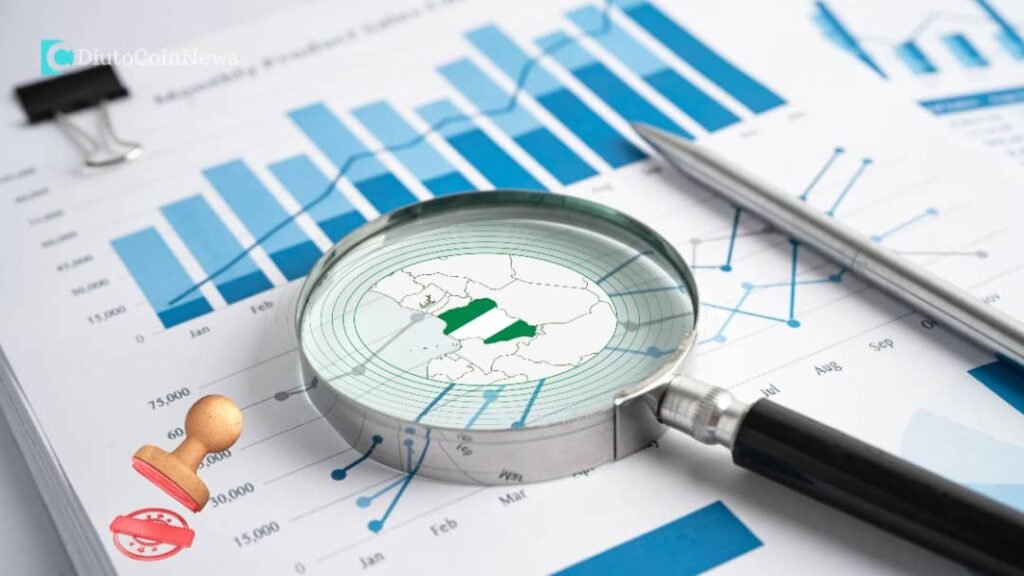Recently, Ghana’s central bank kept its key interest rate (GHCBIR=ECI) at 29.5%, citing tight monetary policy and comparatively stable currency rates as factors contributing to falling inflation
Ernest Addison, governor of the Bank of Ghana, said that there had been a notable reduction in the number of products in the Consumer Price Index basket reporting inflation exceeding 50% since the year’s beginning.
Additionally, after reaching a more than two-decade inflation-rate high of 54.1% in December, Ghana’s consumer inflation dropped for the fourth consecutive month in April, to 41.2% year on year.
Also Read: Ghana Cedis Makes A Comeback As Best Performing Currency Against Dollar.
The country’s administration also got a big break in the form of a $3 billion, three-year support program from the executive board of the International Monetary Fund last week, allowing for an immediate transfer of around $600 million and a potential exit from the crisis.
Despite the approval of a $3 billion loan from the IMF, which adds to the country’s already mounting debt, Ghana relayed its plans to restructure its debt, seeking a $10.5 billion reduction in the amount of external debt service from 2023 to 2026. Although Ghana’s debt is now unsustainable, the nation hopes to reduce its risk of financial distress to a “moderate” level by 2028, according to the fund.
Discover more from DiutoCoinNews
Subscribe to get the latest posts sent to your email.













